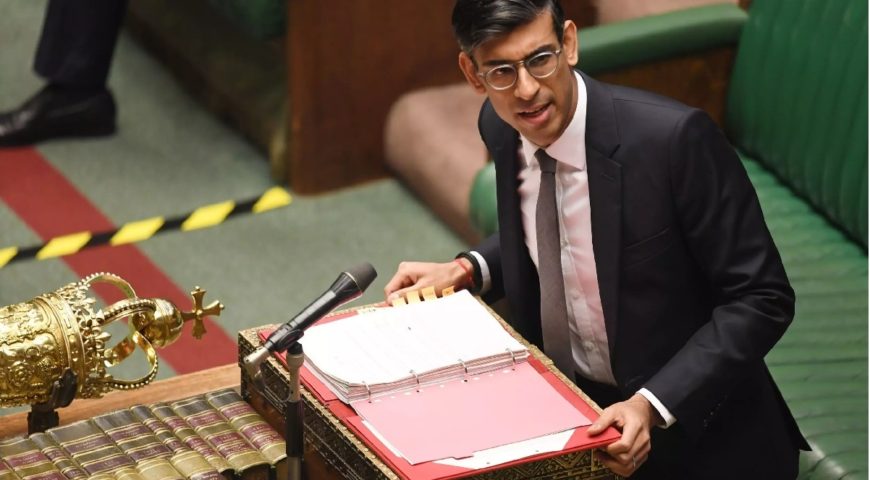Inflation simply put, is the increase in the price of something over time. The Office for National Statistics (ONS) tracks the prices of hundreds of everyday items and these items are updated to reflect shopping trends.
Inflation includes the price of energy, food, alcohol, and tobacco. Unfortunately, inflation has risen due to:
- Sky-high food and energy bills
- Oil and gas were in greater demand once a ‘normal way of living’ resumed post-Covid
- There was a reduced amount of grain available which pushed up global food prices
How does raising interest rates help to tackle inflation?
As we have seen recently, the Bank of England has continually increased interest rates, this has been done in a bid to help slow down inflation. This is a traditional response to rising inflation. By making borrowing money more expensive, this in turn makes monthly mortgage payments more (as well as some saving rates increase). When people have less money to spend, they will therefore spend less in purchases, reducing the demand for goods and slowing price rises.
When will inflation go back down?
Just because inflation goes down, doesn’t mean prices will fall – it just means they won’t rise as fast. The Office for Budget Responsibility (OBR), which assesses the government’s economic plans, previously predicted inflation would fall back to 2.9% by the end of 2023
Rising cost of food prices
Food inflation has come down slightly, although still remains high at 18.3%. Below is a table showing the increase of regularly purchased food items:
| Food item | Price increase (%) |
| Sugar | 49.8 |
| Olive oil | 46.9 |
| Cheese | 33.4 |
| Eggs | 28.8 |
| Yoghurt | 23.4 |
| Potatoes | 22.4 |
| Fresh fish | 21.4 |
| Ice cream | 20.8 |
| Whole milk | 20.5 |
| Crisps | 17.8 |
| Rice | 16.1 |
| Bread | 15.3 |
| Tea | 14.6 |
| Chocolate | 11.7 |
| Fresh fruit | 11.3 |
| Coffee | 9.2 |
We are aware that with the increase in interest rates, there are several people out there who are worried about what to do next, which is where our expert team can come in. Our friendly team of professionals are on hand to answer any of your concerns, so please do not hesitate to get in touch: 01245 218018 or team@blueqmortgage.com.
You can also check out our ‘Tips for Saving during the Cost-of-Living Crisis’ article to see if there’s a small change you can make.


